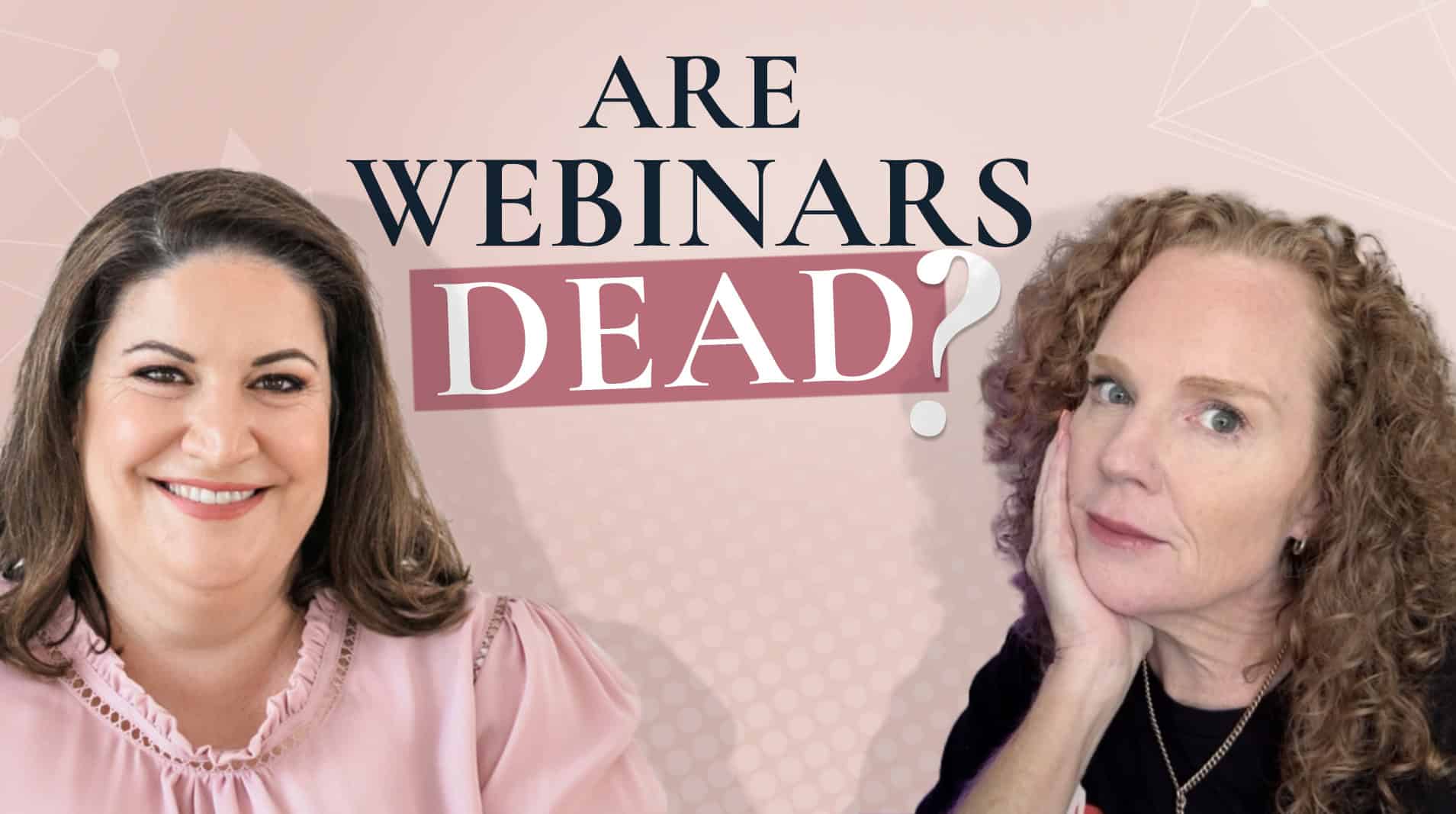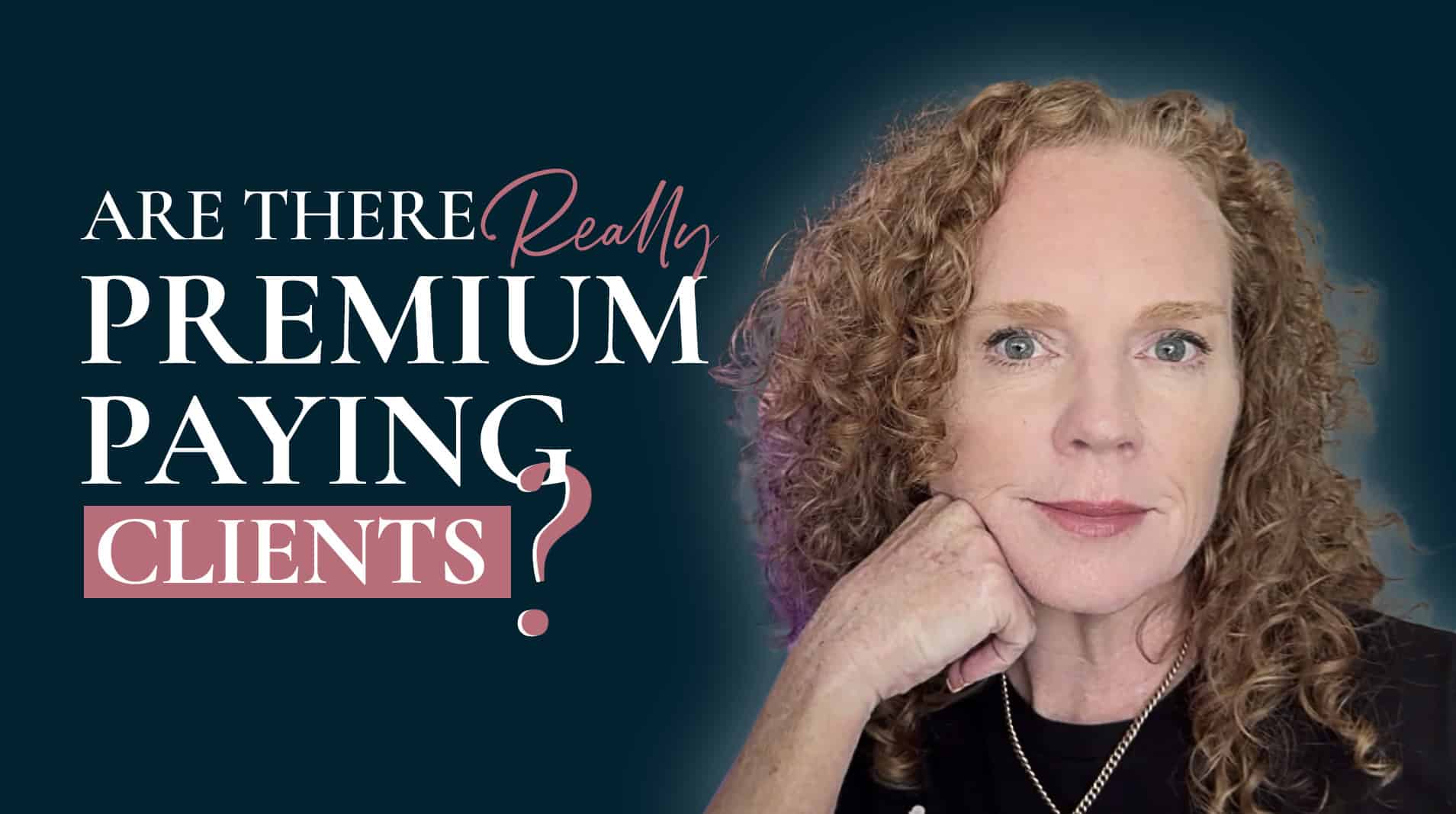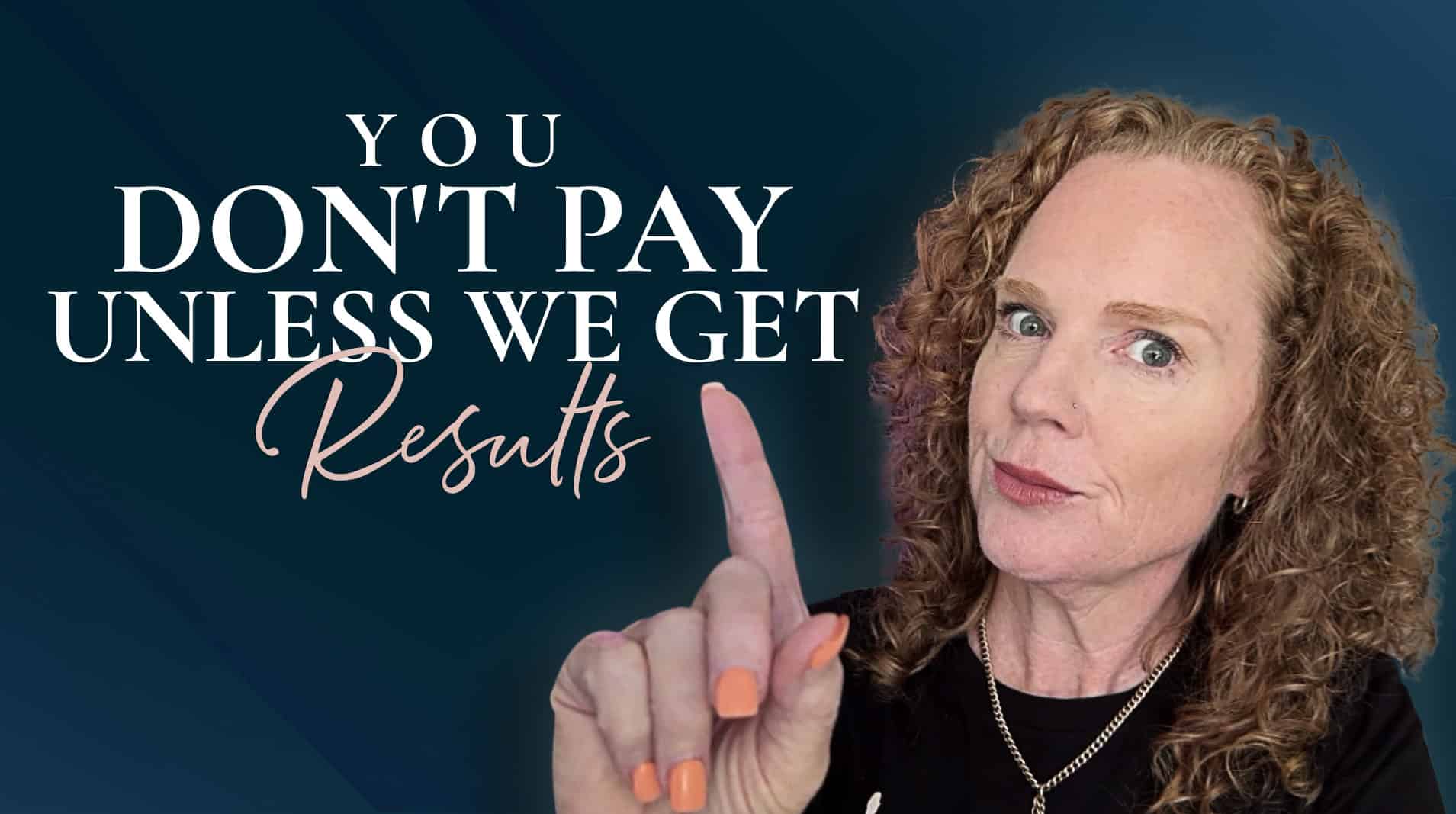Have you ever been thrown under the bus?
Well, I have, and it’s not a nice experience! But unfortunately, we may do that sometimes as ad managers. So we’re going to unpack what it may look like to act with grace as an ad manager because it’s inevitable as you go into accounts.
If you’re running campaigns for clients, there will be a few broken things along the way. For example, there will be broken funnels where you have no control over the funnel or things have been broken with ads or you’re doing audits on ad accounts and things aren’t working so well.
It’s a great thing to be able to hold your head high and treat other people with respect. Even if things haven’t been done a hundred percent the correct way, which I’ve seen so often with various ad accounts. Ad accounts that have been run by high profile people in agencies where a lot of opportunities have been missed as well as everyday ones when clients have been running their own ad accounts. So it’s about talking and communicating with them in a way that’s gracious and not throwing them under the bus.
One of the reasons I’m so passionate about this is because I was thrown under the bus, and it was not a good experience at all. It was back in about 2016 or 2017 and the ads and the webinar funnels had been going off. Things were going so well, but it started to slow down. We continued to do all this testing, changing the landing pages, testing with ads, audiences, and all the stuff you do. However, things weren’t working so well.
In hindsight, it was happening all across the board, and that goes back to the whole webinars-are-dead thing, which people have been saying for a number of years. But they’re not dead! They still work, but things are constantly changing and ads are going to be different on Facebook from one week to the next.
What might’ve worked a week ago isn’t working this week. So you’re always testing. We had been doing all of that. Lots of testing, and lots of things going on. We then decided we’ll get someone else to come in and have a look at the account. Now one of the things as an ad manager that we need to let go of is ego.
You may not want anyone else to come in and look at the account because you may feel that you know what you’re doing; you don’t need anyone else to come on board and have a look. We need to surrender so that we can help our clients get the best results. Ego needs to be left at the door.
Anyway, we got a consultant who came on and who happens to have an agency as well. We got them on board to have a look at the ad account. I was on the call with my client and this other person, so it was all done in full transparency. They came in and had a look, and said, “Oh, I’d be doing X, Y, Z, blah, blah, blah.” And it’s like, I have been doing these things. If you looked at the ad account for longer than five minutes, you would actually see that, yes, I have tested this, and we have done this. We have done all of these things.
However, this person obviously had an agenda. They were keen to get a new client on board. Now all went well. My client called me up afterwards and said, “That was not how I expected that to go down. You know, I’m really sorry that you went through all of that. We’re a hundred percent happy with you and how everything’s going.”
So everything went well. But I’ve obviously remembered the experience. It’s very easy for people just to come in and have a superficial look at things.

There’s actually another time where I had another client and again, the same sort of thing. We had been trying all kinds of things for this client’s account, but just nothing was working. We’d gone and tested all the different audiences, different messaging, different angles, different avatars, different art, landing page software to speed up page load times, and even different URLs in case Facebook was hating the URLs. We’d been working on it for months.
While we had generated a million dollars with it, performance was really struggling at this stage. So they reached out to someone who has a podcast. I heard about this on the podcast and was like, “This is actually my client.” This person was saying, “Oh, this is their trouble. It’s this.” Without them knowing the whole story.
It’s so easy for people just to make these assumptions and say, “Oh, this isn’t done, this isn’t, and this isn’t done,” and to throw people under the bus. I’ve gone into audit ad accounts, and I have seen ads that were retargeting campaigns that were created four months ago, and they still haven’t fed out at all. And it’s still turned on and obviously has not been checked. That’s really concerning that’s happened.
But for me, as an ad manager, auditing the accounts and going back to the client saying, “Look, you know, these haven’t been running for four months. This is not good. You need to sack that person,” is a horrible feeling, right?
For me, I don’t want to be doing that. If you’re like, “Yes, they have been doing the wrong thing, but I want to make sure that I’m acting with integrity and that I am able to hold my head high without stabbing anyone else in the back.” That’s not what we want to be doing here. Also, for the client, how gutting can that be to hear that they’re not managing my campaigns properly. I’ve been paying them, and I’ve been doing all this ad spend. It’s a horrible feeling for them.
So whenever I’m doing, for example, an audit, where I can see that retargeting campaigns haven’t been getting run or ads that haven’t been beating out all these mistakes in their targeting and such, I instead position it more as, “Here are some opportunities that have been missed. By correcting these, it would go a long way to help the performance of your campaigns.”
So rather than just going, “Oh, X, Y, Z hasn’t been done,” and this is really bad and pointing out mistake after mistake in a way that’s obviously tearing someone else down is not ideal, in my opinion. I want to make sure I act with grace to fellow ad managers as much as possible because it’s a hard gig. We don’t always get it right, but we’re all human, after all.
If things aren’t going well, if there are bottlenecks in the ads, don’t just point fingers saying it’s someone else’s fault. If conversions aren’t happening. Is it the ads? Is it the funnel? Don’t be quick to point the finger at something else that may be out of control for you. If it is an issue with the funnel or it’s their fault, they need to be able to do this. Make sure things are documented and passed along. You might say to them, “I did mention this as a concern, you know, two weeks ago that this needed to be updated,” but just act with grace. We’re all in this together!
We all ultimately want to get results for our clients. However, if it happens that someone isn’t acting with the best interest of a client on board, you can still hold your head up high and work with your client and assure them that you’re here for them. You’re here to support them a hundred percent of the way. Don’t throw the other person under the bus. Act with grace with all that you do when it comes to running ads for your clients.
I hope you found this valuable, even though we’re not exactly talking about ads or strategies and such, but just the way that we carry ourselves as ad managers. I believe when we do, you’re going to attract those people back to you as clients, as contractors or people in your sphere who are going to compliment that for you as well. And I know for me, I’d much rather be working with people in that kind of environment than a toxic environment where it’s every man for himself.




